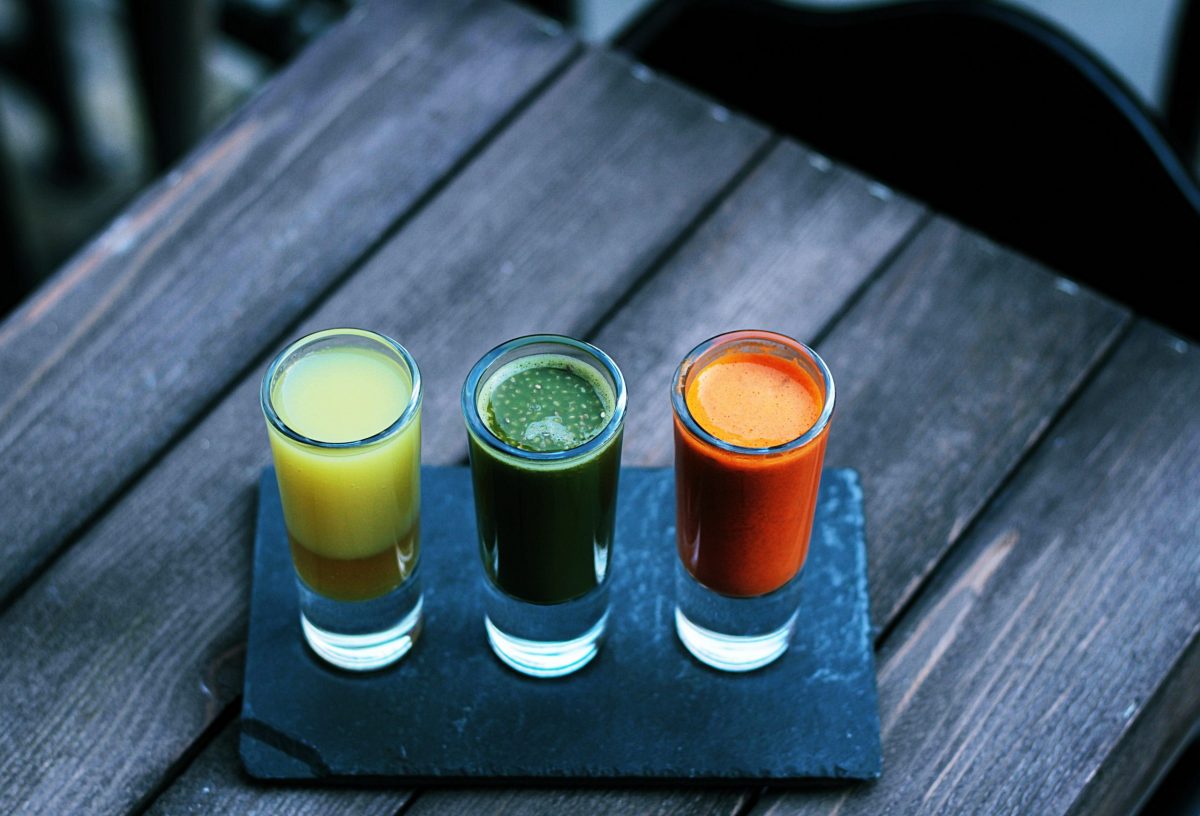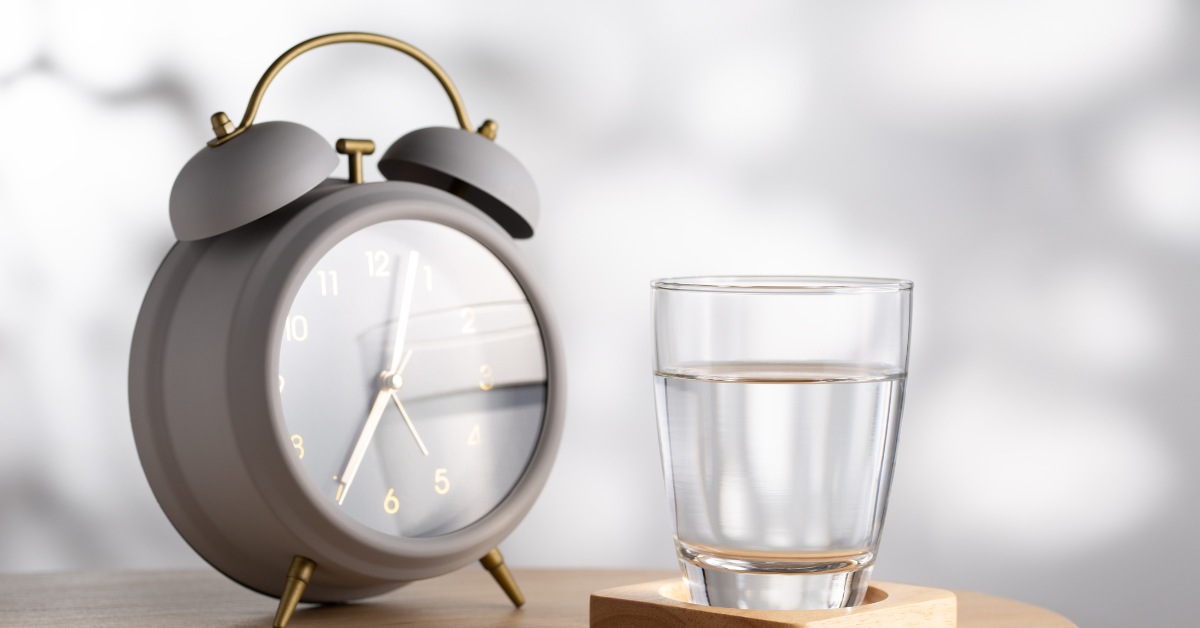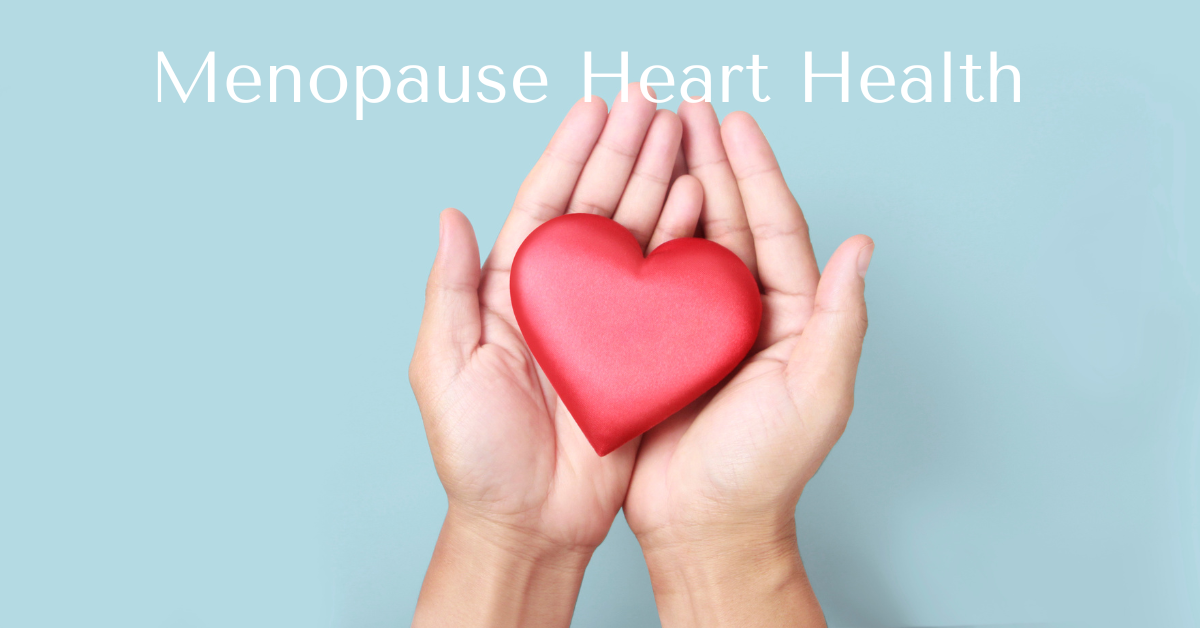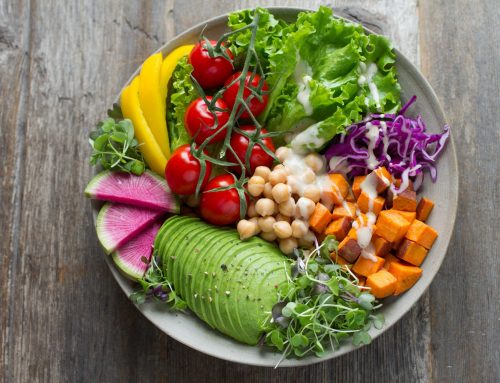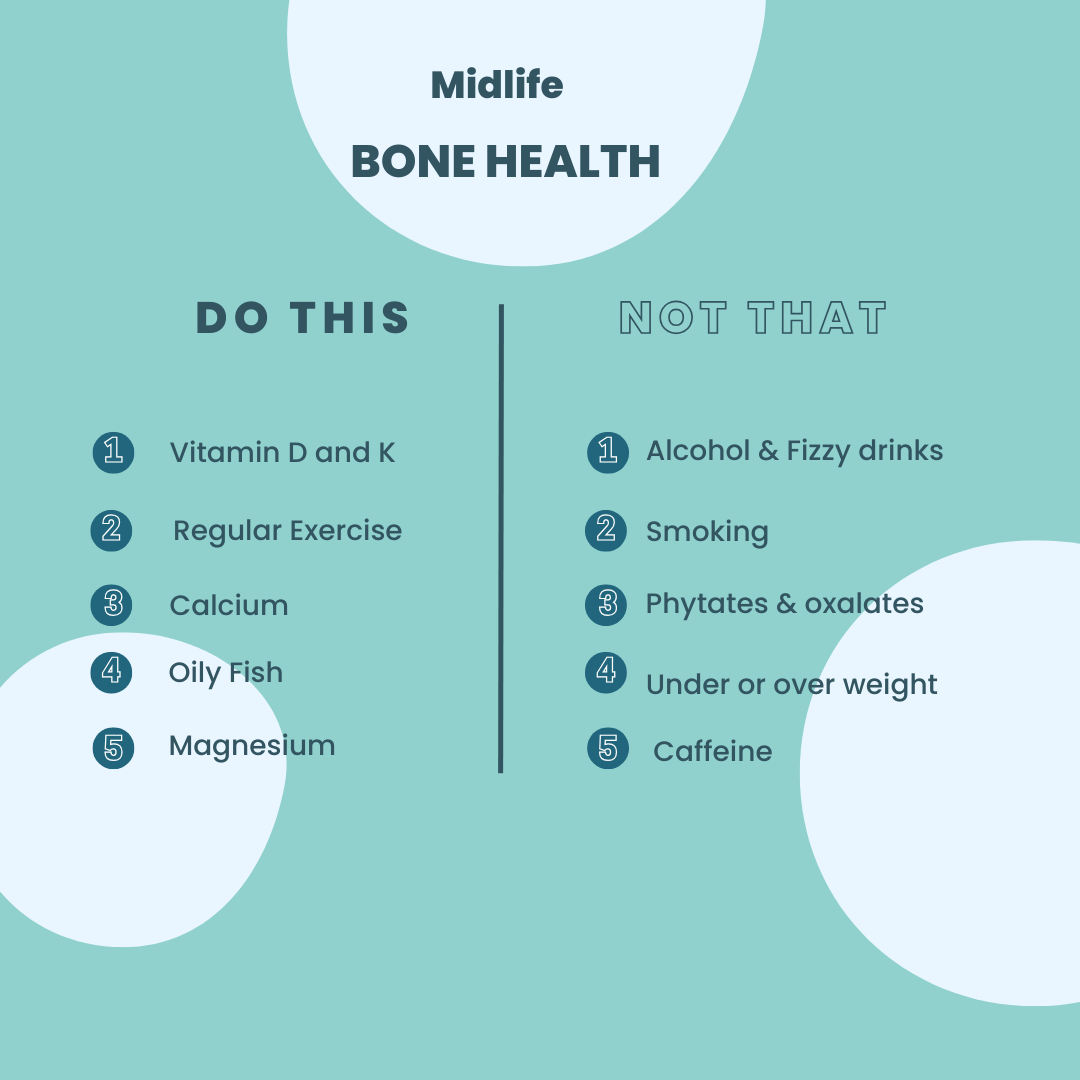Is liver detox in menopause good for you? I’ll be exploring some myths about liver detox and why it’s important in menopause. Find out why your menopause symptoms could be signs of a sluggish liver and spot the signs. Could boosting our natural detoxification process be harmful? Understand the science and know which detox diets and juices are just a fad. You will find out what you can do to support your liver detox during menopause.
Liver Detox and Menopause
I am often optimising oestrogen metabolism to balance out menopause symptoms with my clients. This is how body manages and processes oestrogen vital for overall hormone balance. This is why it is especially important to ensure liver detox is optimal at menopause.
The liver has a big role in this, it’s the second biggest organ, next to the skin. The liver is the regulator of your health naturopaths believe that you are only as healthy as your liver. It performs around 200 different functions many vital for health. They include detoxification i.e. removing toxins including used hormones. But it’s more than just a detox organ! The liver also makes energy, synthesises protein, makes bile for digestion and stores vitamins A,B12 D and K which are all very useful in menopause! Today I am focusing on its detoxification function.
The Liver Function
Detoxification is cleaning the blood! The blood is the transport system for bringing nutrients, oxygen and hormones to the body, but it is also responsible for carrying waste products away from the cells. The proper name is for detoxification is BIOTRANFORMATION. This process filters blood removing toxins and germs often from the gut. Your liver works constantly to protect the body from all sorts of toxins and unwanted by-products from the blood. It’s natural detoxification role includes processing and removing used hormones including oestrogen. This is the body’s toxic waste and if we don’t expel it we will likely suffer symptoms of toxic overload. So although this is a natural process, if the liver is overburdened by toxic load, plus a shortage of nutrients and energy for the process, detoxification it will be jeopardised. the liver has too much work to do!
Xenoestrogens
We absorb toxins through food, drink, personal care products on our skin and from the air we breathe. If the liver is exposed to a lot of toxins, it can’t work efficiently, and the body is affected. What’s more many of these toxins are Xenoestrogens that mimic oestrogen causing further hormone havoc. More on that another time
Signs your liver might need support.
- Hot flushes
- Sweating and body odour
- Weight gain
- Headaches
- Feeling sluggish and low energy
- Skin issues including spots, dryness and sensitivities.
- Joint pain and stiffness, achy muscles, weakness.
- Bloating and constipation
Sounds like Menopause
There is huge similarity with a sluggish liver and menopause symptoms! So optimising liver health is crucial. Symptoms are often our bodies way of telling us something is out of sync. Typical liver function tests are only checking for disease so won’t pick up on this level of dysfunction. You often get told everything is normal, although you know it’s not!
Liver Detox- Analogy
Imagine your life as a menopausal lady, perhaps this is not too difficult! You are super busy with a children, elderly relatives, household chores and a job. You are already stretched. Would you like more work to do? Try some more cleaning and putting out the rubbish, will that make you feel better? Didn’t think so! This is just like your liver if it’s already overburdened and you detox you will likely feel worse not better as it cannot keep up. What’s more the phases of detoxification need to be balanced. Most people phase one is adequate or fast but phase 2 much slower. Phase one can be more damaging to the body.
Liver Detox Diets
I am not a fan of liver detoxes, juice cleanses, etc. They are usually strict detox regimes with lots of supplements! My reasons are not because the supplements don’t work or because menopausal women don’t need to support the liver. Firstly the terminology is all wrong, the liver filters blood however it’s a very complex biological process not just a big sieve! These detox and juice cleanses are a quick fix, that only lasts a few days or even weeks, any benefits ae short-lived. More importantly, because of the inadequacy of Phase 2 detoxification any increase in phase 1 too quickly could even be damaging and might explain why people generally feel rubbish on these diets!
Detox science
Detoxification is about getting rid of molecules that can damage the body in a safe efficient way. It has 2 phases
Phase 1
This is like clearing up at home, you’ve got everything out of the cupboard ready to sort out for the bin or recycling, but it looks messier in the process, and you almost wish you hadn’t started. Molecules are broken down to be made water soluble to get them ready for leaving the body. Bear in mind they become more toxic at this stage, damaging to the body. This might be why feel bad on a severe detox.
Phase 2
This is when we sort and bag it all to take it to recycling or rubbish bin. The molecules are are made less reactive by enzymes that bind them to proteins. Once ‘neutralised’ they efficiently be removed. Where does it all go? Bile stores waste products which is secreted back into gut and expelled from the body in our stool, urine, or through our skin in sweat and the even the oil glands. This process requires lots of key nutrients and energy. If there is a backlog improving gut health is also very important. Often a gentle food first approach is best so as not to overload the liver.
The gut is the livers best friend
View the gut or colon as your bodies’ external means of expelling waste products but the liver is the internal one and if your gut isn’t functioning well this puts extra work on the liver. The gut and liver work side by side with the toxins being removed in the intestine deactivated in the liver and and fed back to the gut in bile. As a nutritionist I optimise the digestive process first to support the liver. Pointless getting liver to be be more efficient if the gut cannot cope with excess waste
Foods to support the Liver
If you can get into a habit of drinking lots of water and include vegetables for fibre for regular, efficient bowel function is important as this means less waste for the liver to process. In addition, the biggest enemies of liver health include sugar, caffeine, processed foods, white bread, pasta etc., and alcohol, so do try to avoid these! Poor liver function and a sluggish bowel can affect each other and cause a vicious circle’ which, over time, can be a big contributory factor to menopause symptoms.
6 Liver Loving Foods
These 6 liver loving foods help healthy liver function, stimulating bile flow, supporting gut health and removing toxins.
- Globe Artichoke contains phenolic derivatives that have been used for centuries to stimulate bile flow and protect the liver. so, bile helps to transport toxins so they can be removed from the body.
- Beetroot -These ruby roots contain a pigment betalain which is antioxidant and anti-inflammatory, betaine, which helps liver cells eliminate toxins and pectin, a fibre that helps bind and clear toxins.
- Cruciferous veggies – Broccoli, broccoli, cabbage, cauliflower, Brussels sprouts, and watercress contain sulfur-containing phytochemicals called glucosinolates, which are protective and help the body remove toxins.
- Citrus fruits- These fruits contain a compound called D-limonene that can slow oxidative damage caused to the liver because of a high-fat diet.
- Green tea -The phytochemicals in green tea help trigger both phase-one and phase-two liver detoxification. The packaging up of the waste products has 2 phases. Phase one detoxification utilises enzymes to make toxins water-soluble. Phase two neutralizes toxins by binding them, this allows them to be eliminated via bile or urine.
- Glutathione-boosting foods Glutathione is an essential antioxidant that helps bind toxins and guide them out of the body via urine or bile. Found directly from raw spinach, avocado, and asparagus. Your body also makes it from the amino acids; glutamine, glycine, and cysteine found in bone broth, whey protein, and the sulfur-containing cruciferous vegetables above!
Detox
Detoxing is a natural process but boosting liver function may cause more harm than good. In summary, use gentle supportive liver and gut loving foods as a better way to support an overburdened liver. This is crucial during perimenopause when there are more hormones requiring removal. Excess used hormones can lead to imbalances and cause ‘menopause symptoms’ However you can quickly make a difference by including some liver friendly foods!
As a functional nutritionist I can access specialist tests that can help us identify what’s going on what’s going on with your hormones. I often use the DUTCH (Dried Urine Test for Comprehensive Hormones). This shows the end products of the detoxification pathways so we can see how your body is dealing with your sex and stress hormones. Tests are part of nutritional therapy packages.
Check out the Perimenopause Power Hour to get the inside track on your hormone Havoc! Do you want to discover how nutritional therapy and health coaching works ? Discover the best tools for your health journey. See more about my services HERE If you’d like support get in touch for free discovery call to see how I can help. Sign up for my free menopause Meal planner and recipes. HERE
References
https://chopra.com/articles/6-foods-to-heal-improve-your-livers-health
Klein A v., Kiat H. Detox diets for toxin elimination and weight management: a critical review of the evidence. Journal of Human Nutrition and Dietetics [Internet]. 2015 Dec 1 [cited 2021 Aug 12];28(6):675–86. Available from: https://onlinelibrary.wiley.com/doi/full/10.1111/jhn.12286
Grant DM. Detoxification pathways in the liver. Journal of Inherited Metabolic Disease [Internet]. 1991 Jul 1 [cited 2021 Aug 12];14(4):421–30. Available from: https://onlinelibrary.wiley.com/doi/full/10.1007/BF01797915


